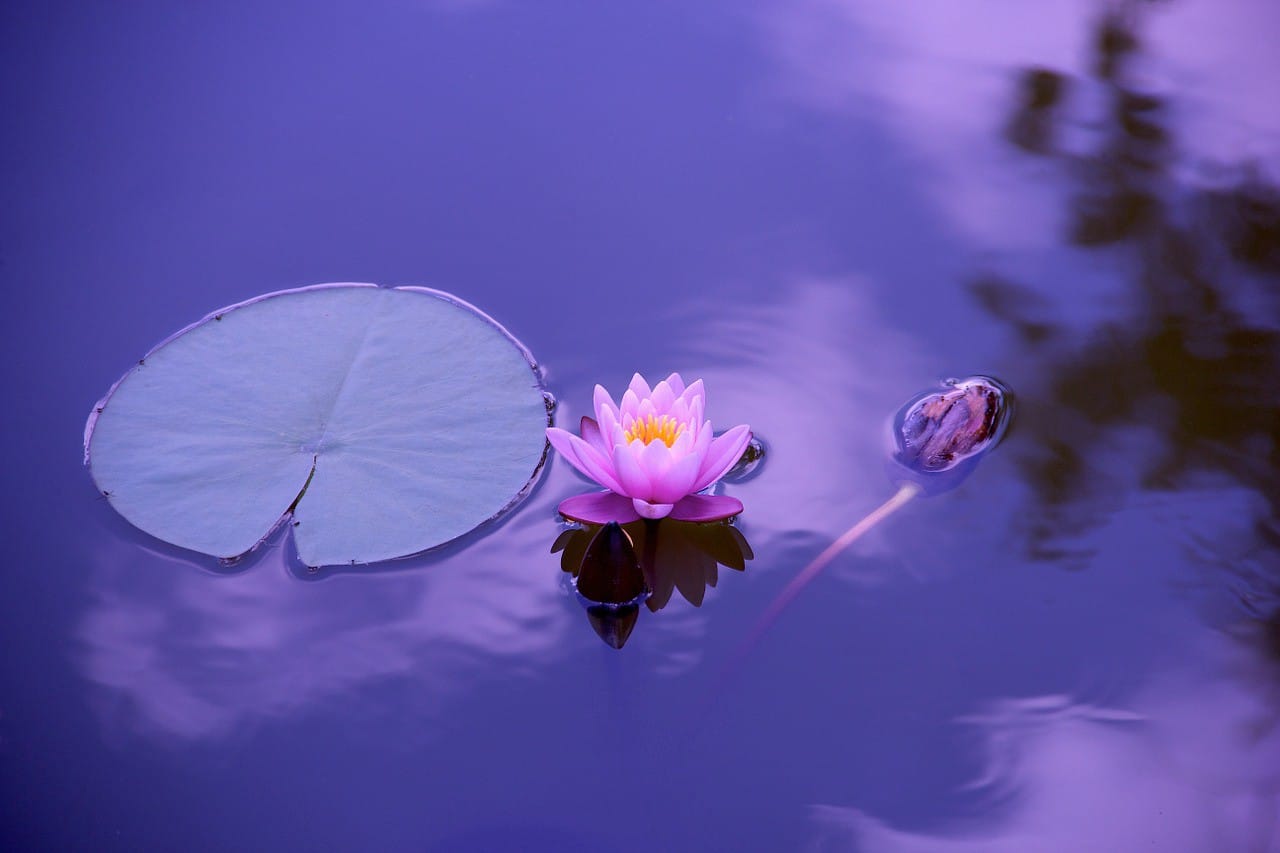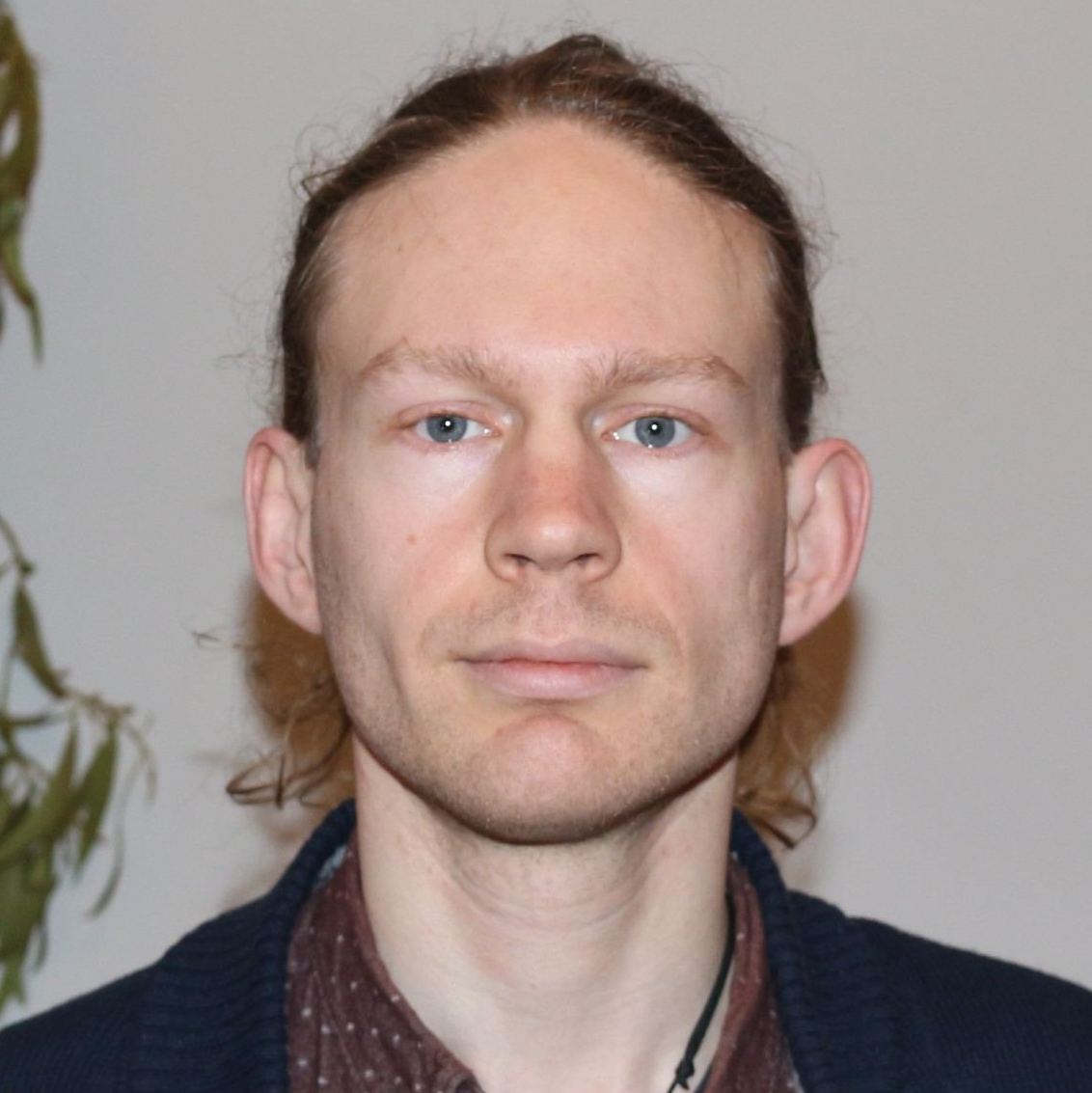Learning to Love Myself in a Society that Doesn’t

The past 6 months I have been in an ongoing battle with anxiety.
I’ve been delving deep into myself to try and understand why I can’t stop being afraid.
I’ve realised that at the core of my being I don’t believe in my own self-worth. And I am scared that the outside world will prove my worthlessness.
This has set me off on a journey of learning to love myself.
I’ve been realising how my lack of self-love isn’t just a personal problem. Instead it’s at the heart of the social, ecological and political crises we face. There is a phrase that “the personal is political” and I am slowly realising it’s truth.
Our society wants to pin all the blame on the individual so it can rid itself of culpability and prevent the necessity of change. It suggests that the cause of our mental health problems lies in the neurology of our brains — not in problems with society as a whole. Instead of solving the underlying systemic problems we medicate the pain away. What this fails to realise is that our mental health and the health of our society as a whole are deeply intertwined.
It is this intertwining that I want to explore in this post.
First I want to clarify what self-love is. It is easy to think of self-love as being the same thing as selfishness: putting yourself first or thinking you’re the best. People think that love for oneself and love for others are mutually exclusive. i.e. if you have more of one then you have less of the other. So they think choosing to love yourself is selfishly putting yourself first.
But actually selfishness and self-love are not only different but are opposite. The selfish person does not love themselves too much but too little. In fact they hate themselves. This self-hate pushes them to snatch at existence to fill the void of love within.
There is nothing more conducive to loving others than being able to love yourself.
This self-love is the affirmation of one’s own life, happiness, growth and freedom, rooted in one’s capacity to love. I love myself because I have the capacity to love others and to bring beauty and meaning into the world.
This ability for self-love is crushed by our society from a very early age. To develop self-worth one must be loved unconditionally, that is, not loved for what we do but who we are. Loved for our very existence not for how we act in a particular moment. Our society ties our value as individuals to our ability to follow its rules and normalised ways of life. We are only loved and valued by society if we do what we are told. At school we are valued for our test results and good behaviour. At work we are valued for our productivity and professionality. In our social lives we are valued for our popularity.
Society keeps reminding you: “You only have value for what you do. Not for being who you are”.
This creates people who constantly doubt their self-worth. Which is exacerbated by people’s experiences of oppression, war and poverty that I think create much of the trauma of our world. When these people have children they look to their offspring to validate themselves. This means that they end up loving their children conditionally. Which then ends up creating children who have problems with self-worth, thus passing on the trauma to the next generation.
Our society is built upon systems where some people are valued more than others. Everyone is in a place on many different hierarchies with people both below and above them. There is the financial hierarchy demonstrated by the deep inequalities of our society. There is the status hierarchy where everyone is ranked according to their popularity. There is hierarchy embedded into our very being as men/women, straight/gay, elite/working class. With the straight white European man at the top and everyone else below. These hierarchies reinforce our sense of not being good enough. Even if like me, you are lucky to find yourself at the top of a hierarchy, it’s not because of being truly you that you are valued, it’s just because of the random coincidences of your birth. I.e. Very much conditional love.
These oppressive hierarchies are an important part of how capitalism continues to operate. There must be continual division between people to prevent us from realising what we have in common: that we are a part of a system that oppresses everyone. Having people who do not believe in their own self-worth prevents them from fighting against these hierarchies because they begin to believe they are justified. An example of this is internalised racism where black people come to believe that the racial hierarchy they live within is justified. But this internalised oppressed is far more widespread. Most people don’t believe in their own self-worth.
If you want people to continue doing ‘bullshit’ bureaucratic jobs completely divorced from the gifts that person has to give to the world, then make them feel like they have no inherent value. That is exactly what our society does.
If you want people to keep on buying materialist crap that makes them feel better for a brief moment but in the process destroys our planet, then make them feel like they have no inherent value. That is exactly what our society does. If people don’t have a feeling of self-worth then they will constantly look at the outside world to validate themselves.
Consumerism is only one example of an addiction that finds its root in a lack of self-worth. But likewise we use drugs (including alcohol), social media, Netflix and work to try to get away from the pain of feeling like we aren’t worth anything.
People who lack self-love are often at the centre of conflicts that derail our movements and projects for social change. Any suggestion that someone has a different opinion to them becomes an affront to their value as an individual — one that they must defend at all costs. It’s incredibly sad and painful to have low self-value. And we will fight or avoid anything that is a reminder of it. We become hyper sensitive to the opinions of others. Often we respond with anger — lashing out at people and the world around to get them back for what we perceive they have done to us. Or we go through life with the aim of pleasing other people and avoiding these conflicts at all costs. This prevents us from fully expressing ourselves in the world and in our work. If our attempts to change the world don’t recognise these dynamics then we will forever be divided and unable to bring our collective creative brilliance to the world’s problems.
I think it is fundamentally because they have self-love that some people are able to follow their callings into the world and pursue lives as artists, scientists or activists. If only we can help each other discover self-love again, then maybe we can begin to heal the world.
But how can we begin to heal and find self-love? I think healing involves finding reasons for our worth as individuals that are not dependent on the things we do. I have found two deep sources of value for myself. The first is my uniqueness as a human being and its very mystery. The very fact that I exist in this way, that is unlike any other being on the planet, is miraculous. Doesn’t something miraculous like an amazing sunset have value? The second is that in that miracle of me is my potential to bring goodness, beauty, meaning, truth and love into the world. Even in my worst actions my potential for these things remains. The beautiful thing is that not only do I have miraculous value and potential but so does every being on the planet.
What I’m learning on my journey of self-love is that it’s one thing to know these truths intellectually, but quite another to actually live and act in self-love. Especially as we are surrounded by a society that is constantly reminding us of our lack of intrinsic self worth. The solution I think is to come together to create systems and relations that empower us and affirm our inherent value. We can affirm our bodies by not denying their needs or desires. We can treat each other’s emotions and stories as valuable. We can care for each other unconditionally and learn to communicate non-violently. Thus we can create a society of self-love.
References
-
The Art of Loving by Erich Fromm
-
All About Love by bell hooks
-
Truth or Dare: Encounters with Power, Authority and Mystery by Starhawk
